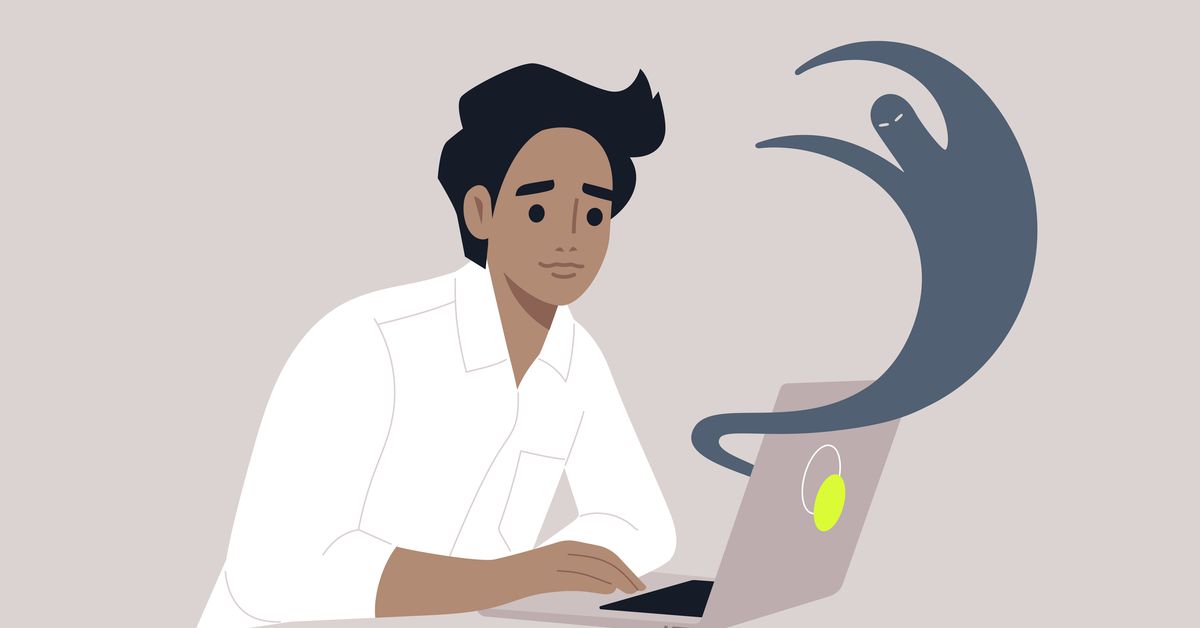- cross-posted to:
- technology@lemmy.world
- cross-posted to:
- technology@lemmy.world
Anyone can get scammed online, including the generation of Americans that grew up with the internet.
If you’re part of Generation Z — that is, born sometime between the late 1990s and early 2010s — you or one of your friends may have been the target or victim of an online scam. In fact, according to a recent Deloitte survey, members of Gen Z fall for these scams and get hacked far more frequently than their grandparents do.
Compared to older generations, younger generations have reported higher rates of victimization in phishing, identity theft, romance scams, and cyberbullying. The Deloitte survey shows that Gen Z Americans were three times more likely to get caught up in an online scam than boomers were (16 percent and 5 percent, respectively). Compared to boomers, Gen Z was also twice as likely to have a social media account hacked (17 percent and 8 percent). Fourteen percent of Gen Z-ers surveyed said they’d had their location information misused, more than any other generation. The cost of falling for those scams may also be surging for younger people: Social Catfish’s 2023 report on online scams found that online scam victims under 20 years old lost an estimated $8.2 million in 2017. In 2022, they lost $210 million.



Not really surprising considering how much more time gen z spends on the internet. And how many members haven’t even graduated high school yet.
I think people forget that the internet has fully supplanted television and unlike the 90’s home that had a TV that was somehow always on (or at least that’s how it was at my Aunts house in the 90s), people these days while away their hours fully plugged into the internet. I would suspect people who watched a lot of television were more likely to fall for scams on TV, too (my Aunt, for example, believes literally everything on FOX News). Internet scams are far more of a free-for-all than television ever was.
According to the dates provided the youngest zoomers are just now joining 8th grade. How useful is that data really?
They’re also susceptible to getting their phone stolen, people accessing their computer they left open in class and a whole lot of threat vectors boomers and millenials aren’t susceptible to (or not anymore)